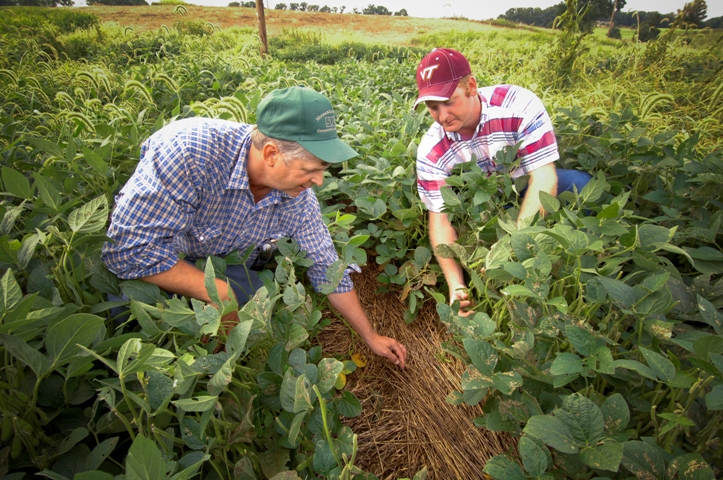UN-Backed DART Programme Brings Digital Innovation to Albania’s Rural Economy
Agriculture remains a cornerstone of Albania’s economy, contributing nearly 20% of GDP and employing more than 40% of the population.

- Country:
- Albania
A new United Nations initiative is bringing digital transformation to Albania’s rural economy, with the goal of modernising agriculture, increasing incomes, and empowering small farmers, workers, and youth. The “Digital Agriculture and Rural Transformation” (DART) programme is being implemented jointly by the Food and Agriculture Organization (FAO), the International Labour Organization (ILO), and the International Telecommunication Union (ITU).
Launched in 2024 and funded through the UN SDG Fund’s Digital Transformation Window, DART is one of 13 pioneering programmes worldwide aiming to leverage digital innovation for sustainable development. With a budget of USD 3.3 million, the initiative is closely aligned with Albania’s EU accession ambitions, its rural development priorities, and the Sustainable Development Goals (SDGs).
Why Agriculture Matters for Albania
Agriculture remains a cornerstone of Albania’s economy, contributing nearly 20% of GDP and employing more than 40% of the population. However, the sector is dominated by smallholder farmers—74% of farmers cultivate on a small scale—who often lack access to advanced technology, reliable data, and broader markets.
These limitations create structural challenges: weak infrastructure, low productivity, exposure to climate risks, and barriers to connecting with buyers. By introducing digital tools and building digital skills, DART seeks to close this gap, enabling rural communities to improve yields, strengthen resilience, and expand access to new markets.
What Is Digital Agriculture?
Digital agriculture refers to the use of new technologies—such as mobile apps, Internet of Things (IoT) devices, satellite imagery, artificial intelligence (AI), and blockchain—to transform farming systems.
For smallholder farmers, these technologies can have dramatic impacts:
-
Yield increases of 30–70%.
-
Income boosts of 20–40%.
-
More sustainable use of water, soil, and inputs.
In Albania, where farmers often face climate variability and limited infrastructure, digital agriculture offers a lifeline. Real-time weather and pest alerts, online marketplaces, and smart irrigation tools are already helping farmers improve crop quality, reduce losses, and access higher-value markets.
Building Digital Skills for Farmers and Youth
Technology on its own is not enough—the real challenge lies in building skills. The ILO’s role in DART focuses on equipping farmers, agricultural workers, and young people with the digital competencies needed for modern farming.
Through a nationwide survey, the programme is mapping Albania’s digital readiness and identifying gaps in both the farming community and the Technical and Vocational Education and Training (TVET) system. The results will inform new policies and curricula to ensure interventions are targeted and sustainable.
Planned activities include:
-
Training 400 farmers—half of them women—in digital farming practices.
-
Equipping 40 public workers and 180 TVET students with advanced digital skills.
-
Modernising six TVET schools and three adult training centres with new curricula, digital equipment, and teacher training.
By doing so, DART aims not only to raise productivity but also to rebrand agriculture as a modern, viable career path for young Albanians.
Strengthening Institutions for Long-Term Impact
At a systemic level, the programme is also shaping institutions to sustain reforms. The ILO is helping establish an Agricultural Sector Skills Council under the National Agency for Vocational Education, Training and Qualifications (NAVETQ).
This new council will:
-
Align training with labour market needs.
-
Update occupational standards and qualifications in line with new technologies.
-
Ensure skills development evolves with rapid changes in digital agriculture.
By embedding digital innovation into national education and training systems, Albania is laying the foundation for long-term rural transformation.
A Catalyst for Rural Transformation
The DART programme builds on global best practices while responding to Albania’s specific needs. Its integrated approach—combining digital tools, inclusive training, and institutional reforms—positions it as more than just a development project.
It is a catalyst for rural transformation, helping Albania’s farmers access new markets, increase their resilience to climate change, and contribute to national economic growth.
By 2027, DART is expected to create a generation of digitally skilled farmers and agricultural professionals who can modernise rural livelihoods, improve competitiveness, and bring Albania closer to its sustainable development and EU integration goals.










